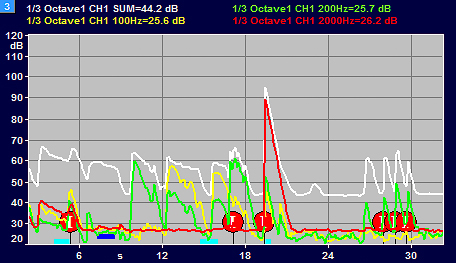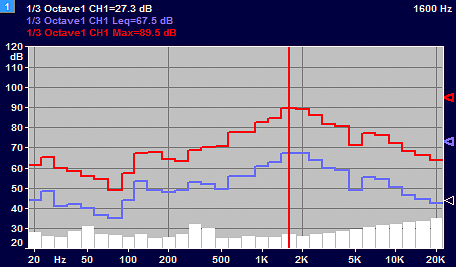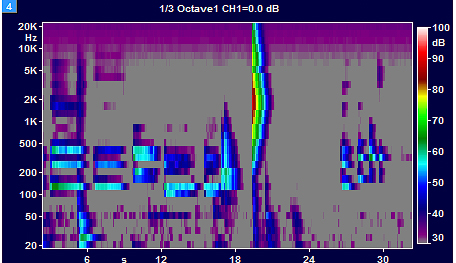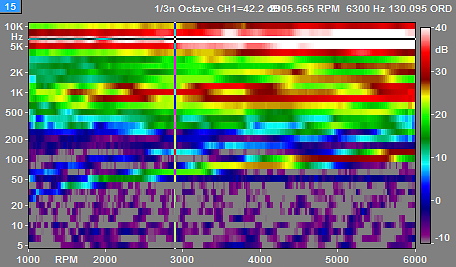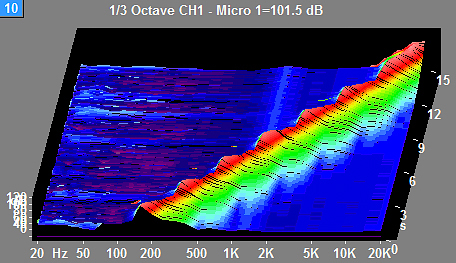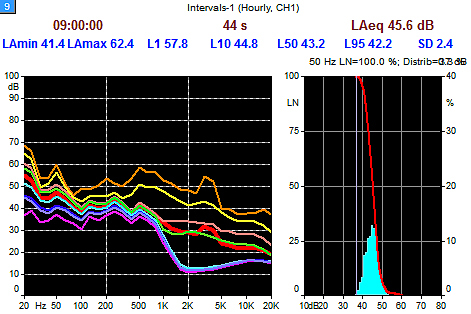Octave and Third Octave analysis IEC 61260
PTB approval with Soundbook™
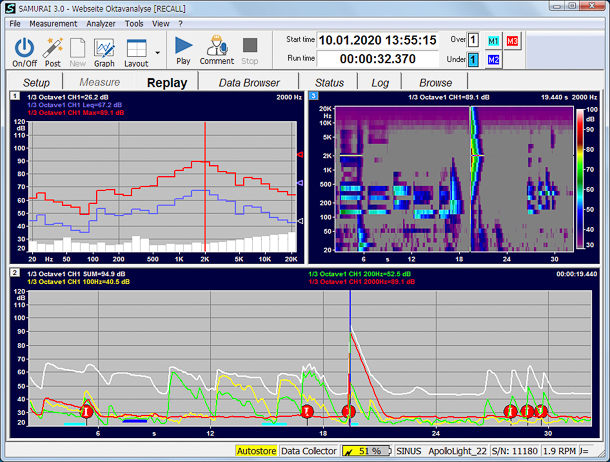
Übersicht
Application
The SAMURAI option 1/3 & 1/1 OCTAVES utilizes the filters of the Apollo hardware. It enables real-time analysis in octave or third-octave bands with a frequency range from 0.04 Hz to 80 kHz. The software option can thus be used for measurements of infrasound as well as ultrasound.
With this SAMURAI option, our measuring devices can be used as standard-compliant octave and third octave analysers with filters according to IEC 61260 (filter class 0).
Description
In contrast to the SAMURAI option FRACTIONAL OCTAVES, which enables various octave calculations with a resolution of up to 1/48 octaves utilizing the CPU of the computer, the software option 1/3 & 1/1 Octaves performs the analysis using the SINUS measurement hardware. Hence, the processor of the computer can be spared. Furthermore, when used with the SINUS Soundbook, the system is PTB type approved.
Some standards, regulations and immision guidlines require periodic measurements. To suit this need, the software SAMURAI offers sound level statistics, distributions and a cumulative curve for the stored LN percentiles of user-defined intervals for the third and full octave spectra.
Depending on the application, numerous frequency weightings are available. For human vibration measurements, for example, the frequency weightings Wb, Wc, Wd, Wdb, Wg, Wj, Wk, Wm, Wh according to ISO 2631 and ISO 5349 can be selected. AU filters and ultra filters are available for ultrasound measurements.
Illustration 1:
Sound level history as a sum of a third octave spectrum and selectable frequency bands with marker traces and labeled impulses.
Illustration 5:
Waterfall diagram, three-dimensional representation of the entire third octave spectrum over time.
Standards and approvals
Standards
IEC 61260: Class 0 octav filter
Approvals
 Germany (siNoise)
Germany (siNoise)
PTB type approval 21.21 / 09.02
PTB type approval 21.21 / 12.05
 Switzerland (siNoise)
Switzerland (siNoise)
METAS type approval CH-A3-15103-00
 Austria
Austria
BEV type approval OE 15 S010
Feature
| Signals | Typically used with microphone or structure-borne sound signals |
| Software Features |
|
Requirements
This software option requires a valid SAMURAI_base license.



